Southern African Amphibian Red Listing
From Wednesday to Friday we covered 68 southern African amphibians assessing their Red List status.
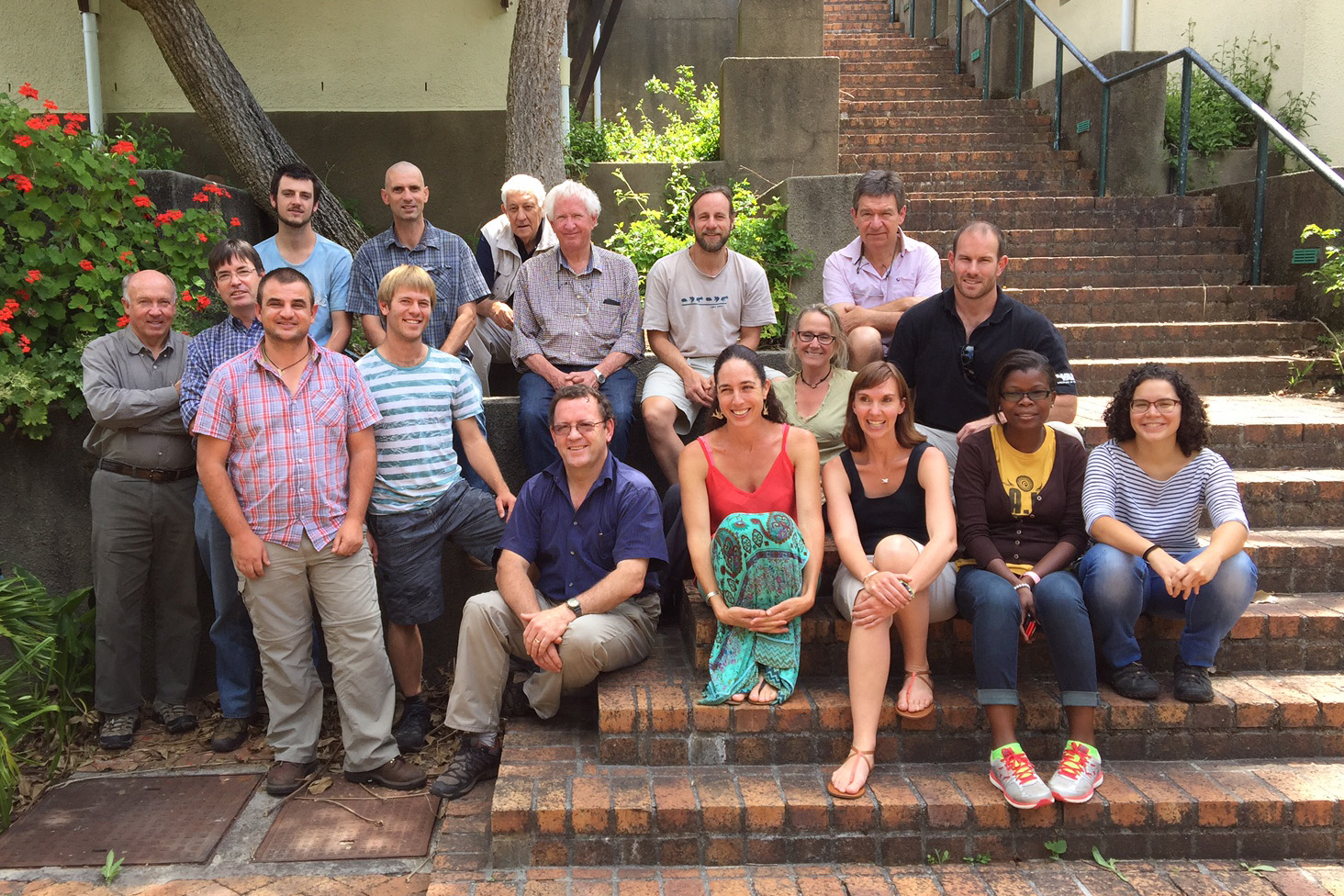
Back Row (left to right): Alex Rebelo, John Measey, Rob Hopkins, Alan Channing, Andrew Turner, Atherton de Villiers
Middle Row (left to right): Les Minter, Michael Cunningham, Werner Conradie, Francois Becker, Krystal Tolley, James Harvey
Front Row (left to right): Louis du Preez, Tilla Raimondo, Jeanne Tarrant, Yankho Chapeta, Ninda Baptista
The southern African region (Angola, Botswana, Lesotho, Malawi, Mozambique, Namibia, South Africa, Swaziland, Zambia and Zimbabwe) has 239 amphibian species, of which 38 carry an IUCN threatened status (Vulnerable, Endangered or Critically Endangered), and a further 32 are considered Data Deficient. The entire region was last assessed in 2004, while South Africa, Lesotho and Swaziland were assessed during a workshop in 2009 (see Measey 2011). The workshop conducted from 4 to 6 November 2015 had 16 representatives from Angola, Malawi, South Africa, and Zimbabwe, whose combined expertise on amphibians is considered to cover the entire region. Over three days, the participants considered each of the 70 species from the southern African region that were not of Least Concern, together with any newly described species or species that had been taxonomically updated. This was the first IUCN Red Listing experience for partners from Angola, Malawi and Zimbabwe who gained important training and insights into the Red Listing process.
The regular update of IUCN’s Red List is important both in terms of assessing ongoing threats to the region’s amphibian biodiversity. Participants were able to bring attention to regions under particular threat, as well as species that have not been seen for many decades. In addition to the formal Red Listing procedure, the workshop made time to examine the results of priorities that were made for amphibian research at the 2009 meeting. Given the low capacity and funding for threatened amphibian species, prioritising amphibian research was seen as a successful initiative for South Africa, with the suggestion that this should be extended to the entire southern African region. Participants began to put together new priorities for the next five years that will go together with the next Red List assessment for the region in 2020.
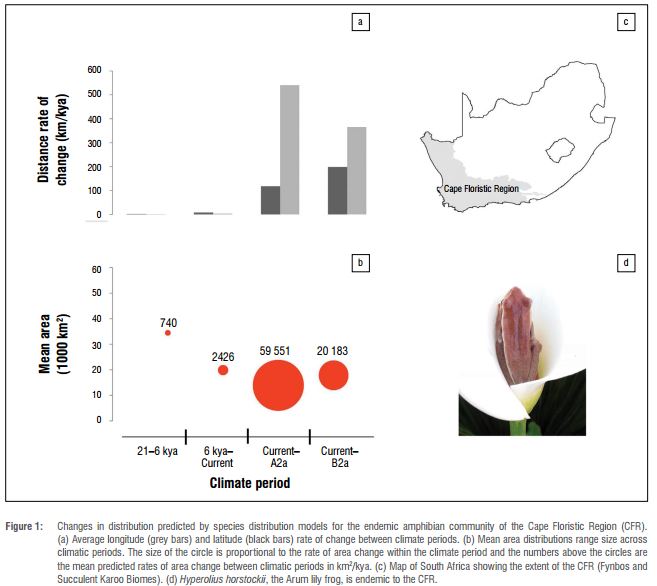
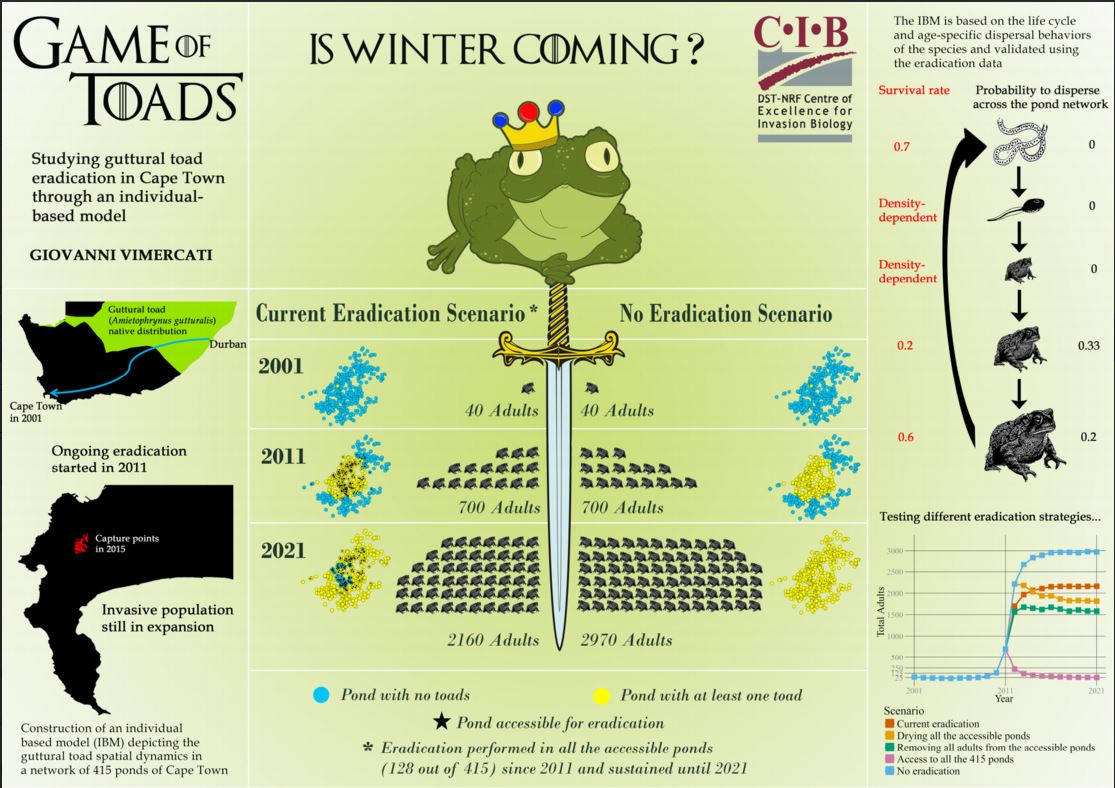
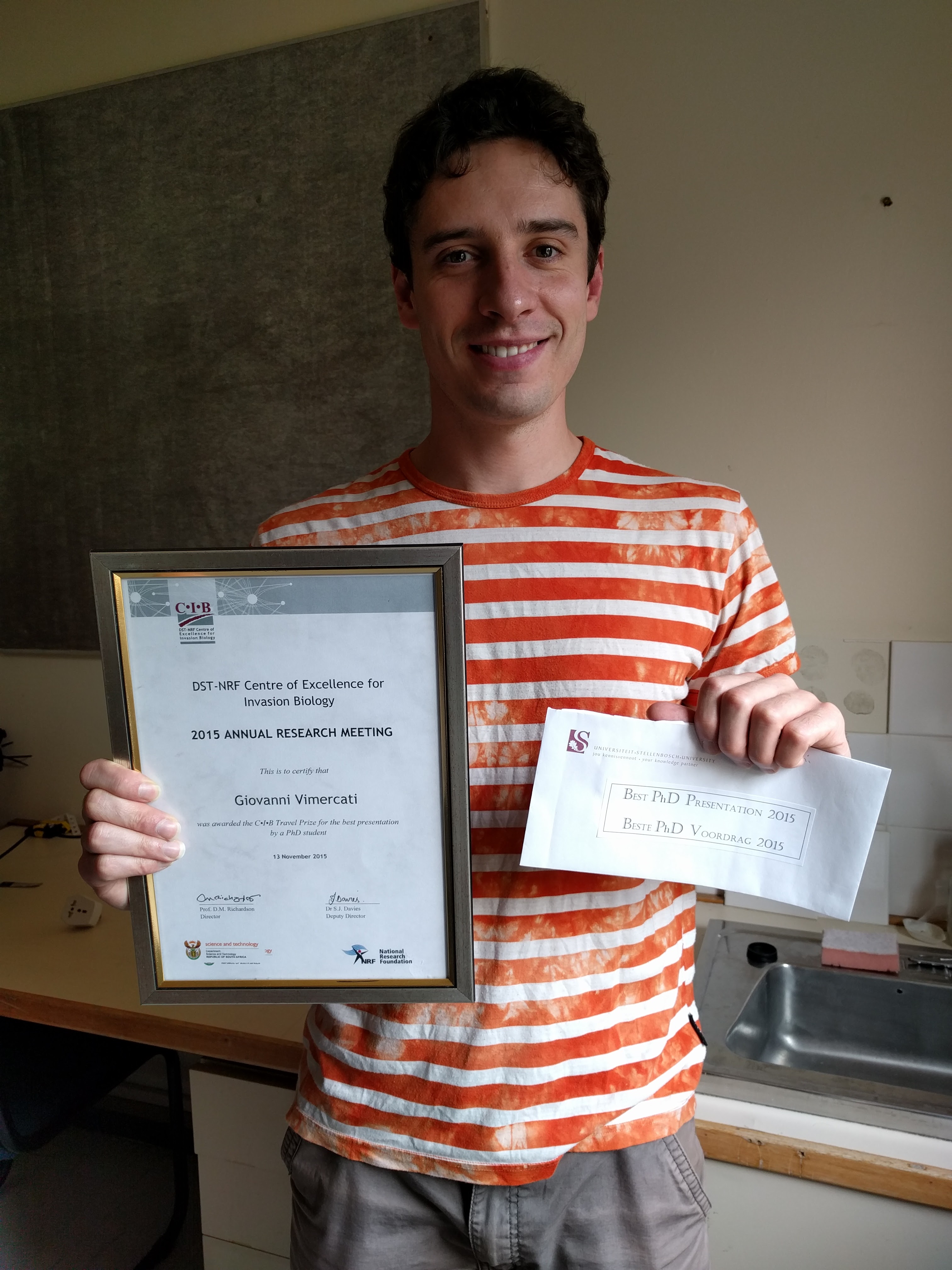
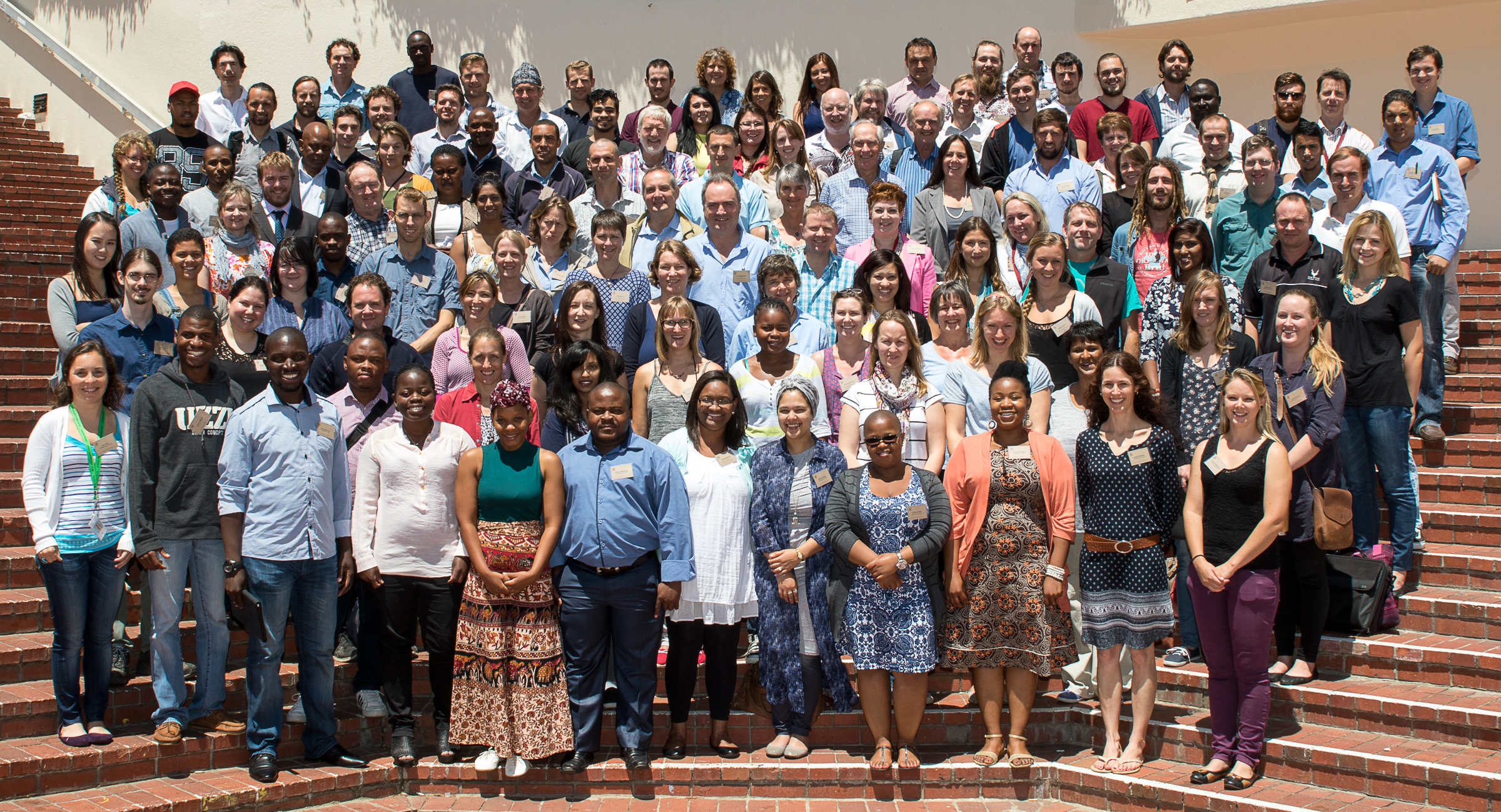
.JPG)

